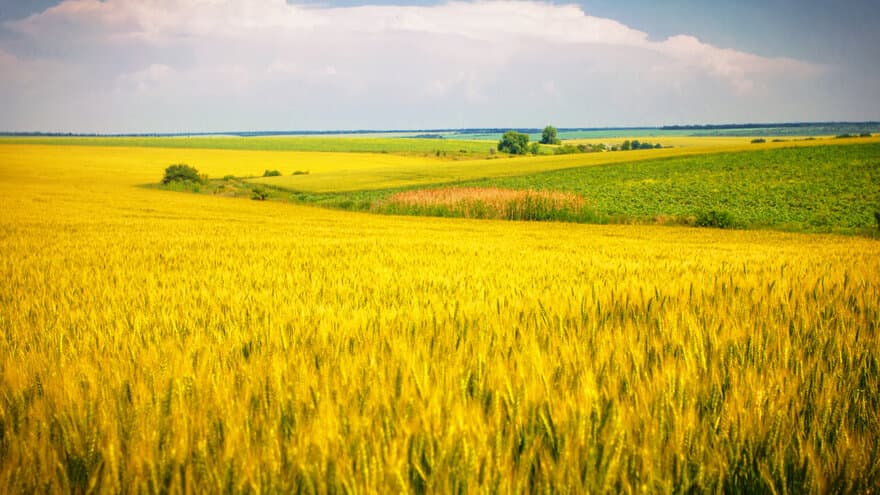About us
Key focus areas
Members
Activity archive

Exploring issues of politics, power and knowledge in environmental planning and natural resource governance to promote sustainable and just societies.

Exploring issues of politics, power and knowledge in environmental planning and natural resource governance to promote sustainable and just societies.